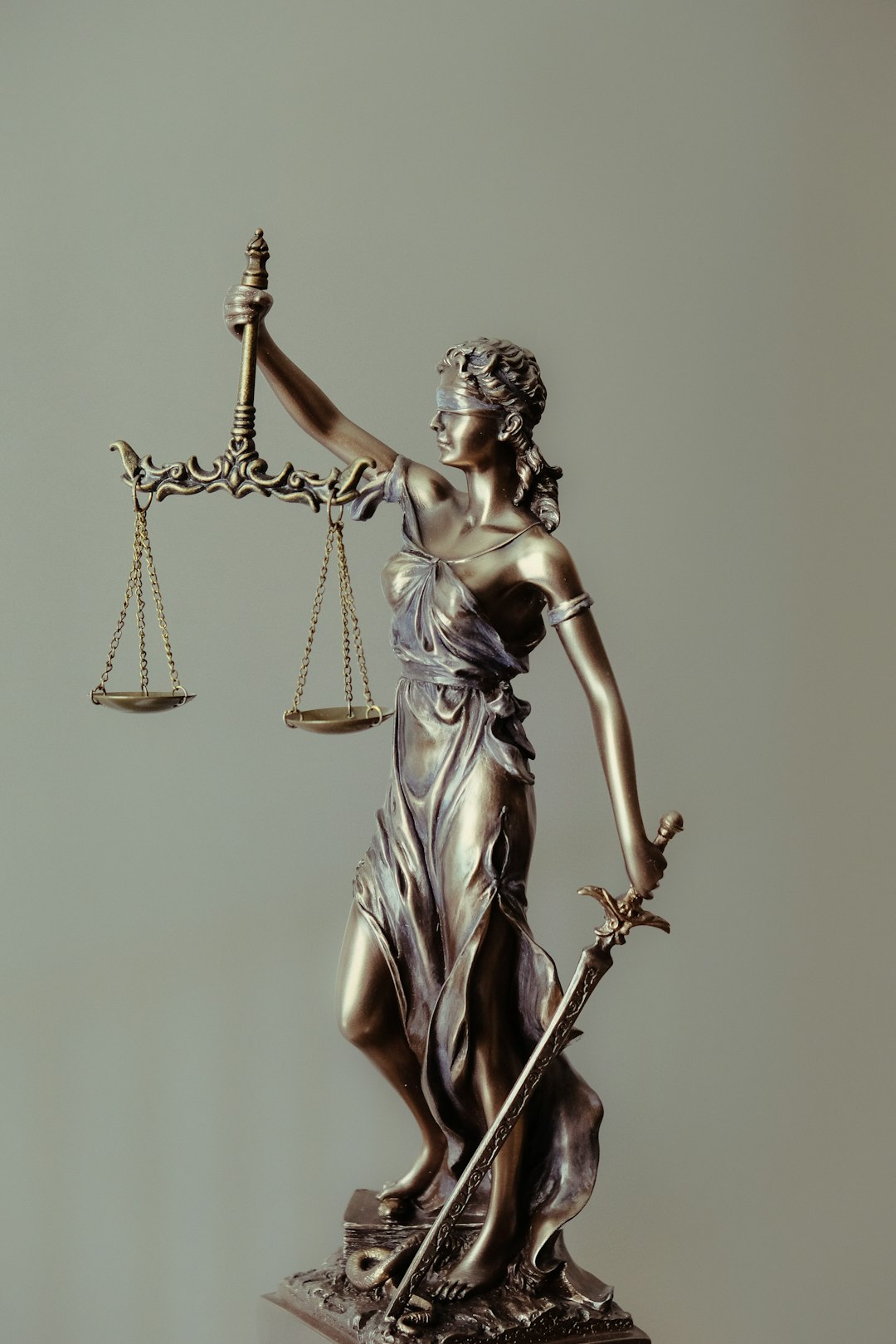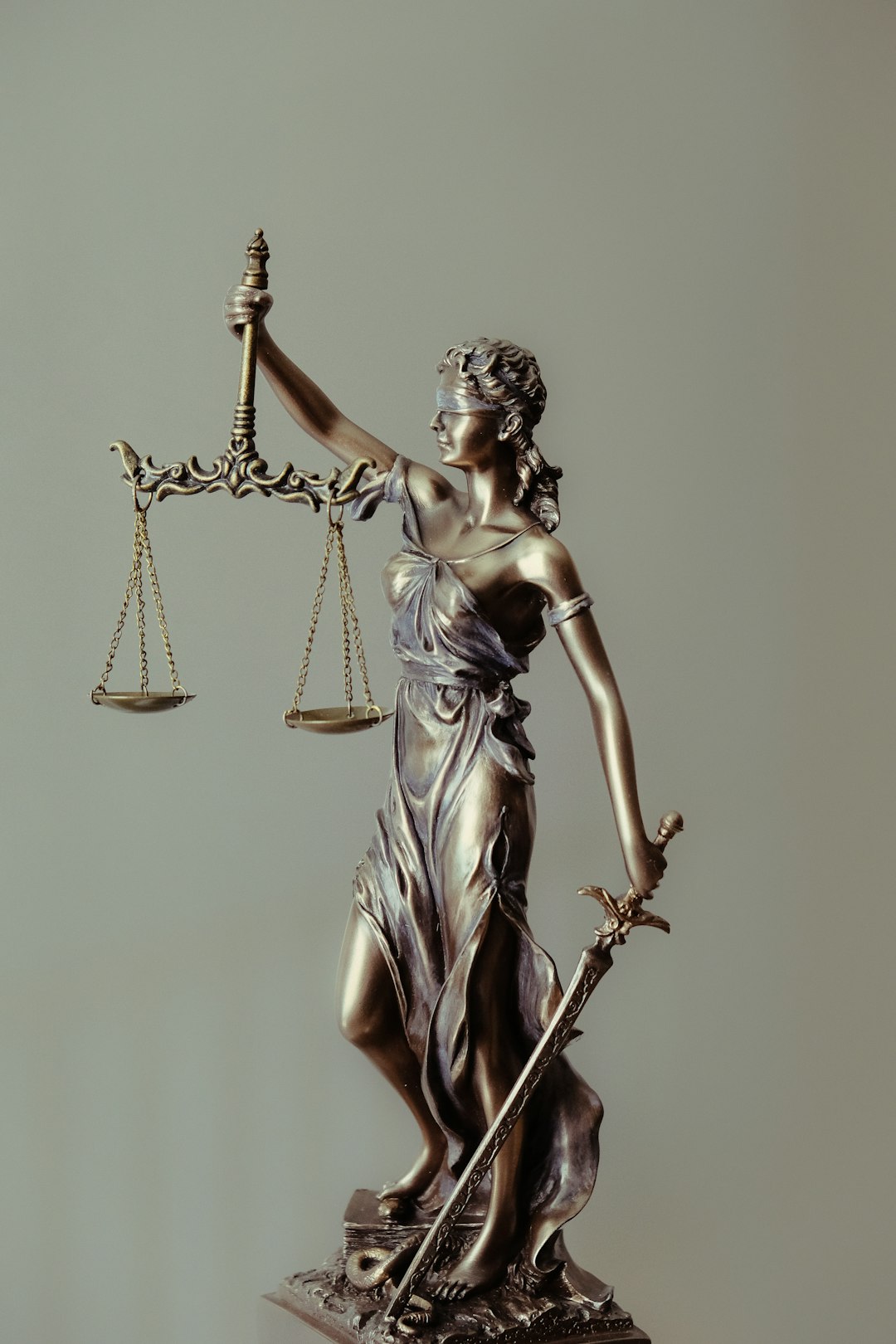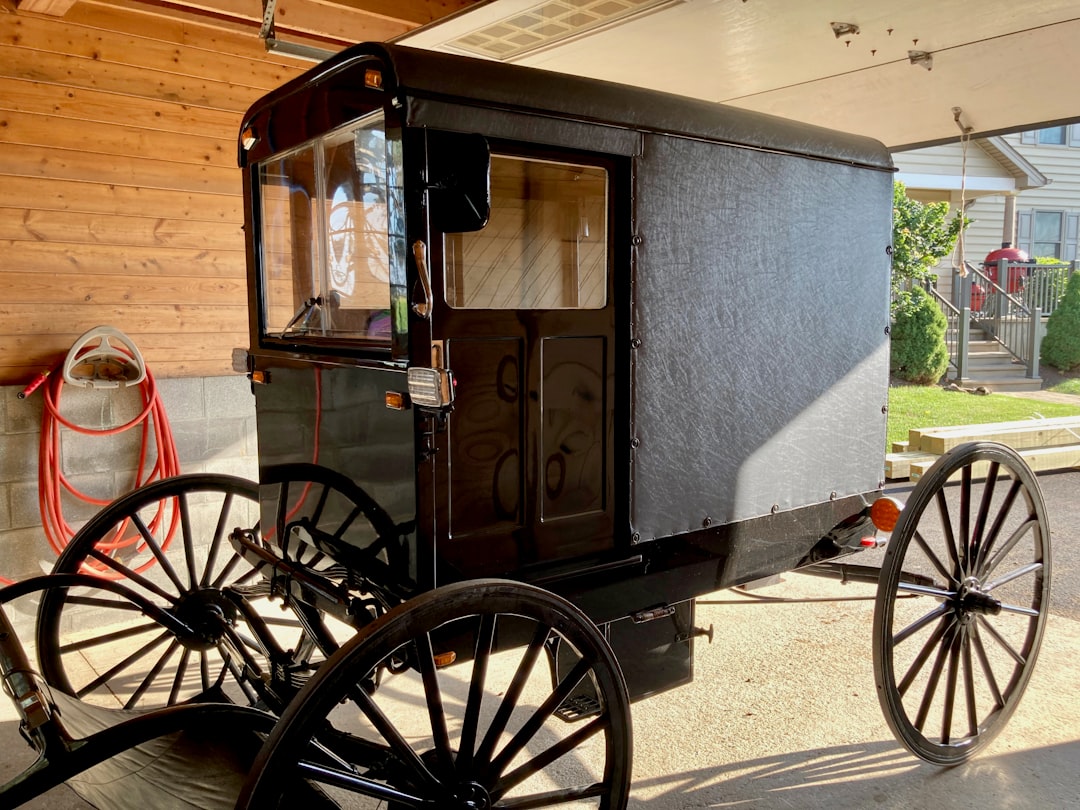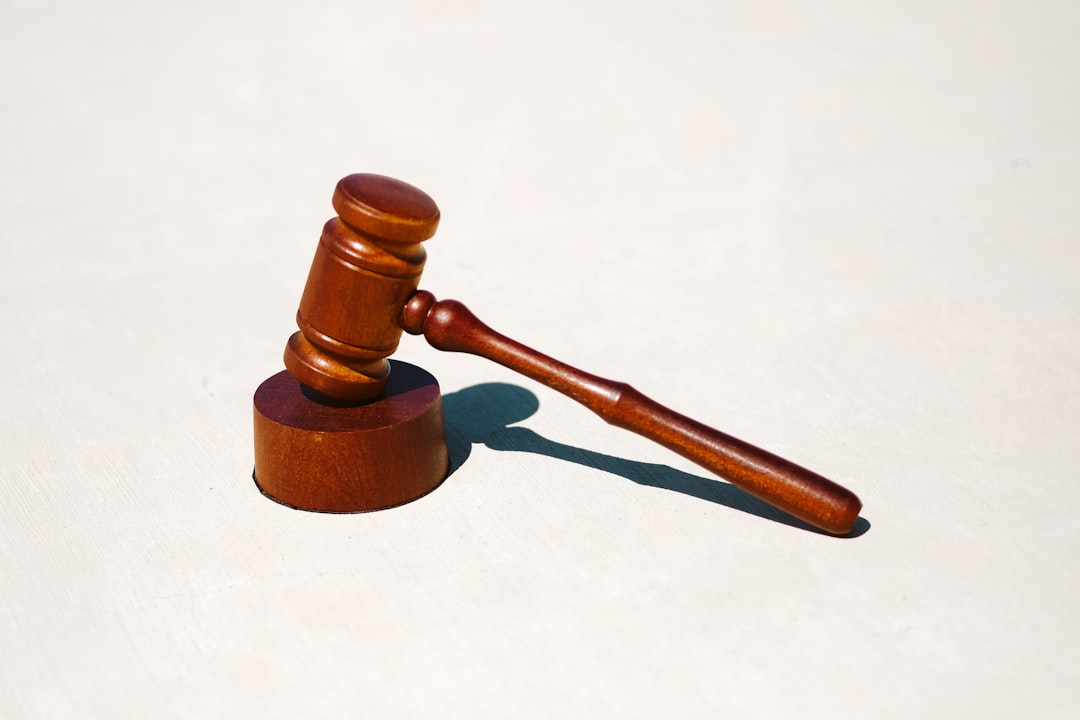Spam calls disrupt Pennsylvania residents' lives despite do-not-call lists. A multi-pronged approach combining legal enforcement and community education, led by unwanted call lawyers in Pennsylvania, is needed to combat this issue. The Telephone Consumer Protection Act (TCPA) and state laws protect residents from unsolicited calls, with options for individuals to seek damages through an unwanted call lawyer in Pennsylvania.
In Pennsylvania, local communities are joining forces to combat a growing nuisance: spam calls. These relentless phone invasions disrupt daily life, waste valuable time, and can even signal potential scams. This article delves into the multifaceted issue of spam calls in PA cities, exploring effective advocacy strategies employed by locals and the legal framework surrounding unwanted calls under Pennsylvania law. Understanding these key aspects is crucial for both residents seeking relief from spam calls and legal professionals offering specialized services.
Understanding the Impact of Spam Calls in PA Cities

Spam calls, though seemingly a minor inconvenience, have a significant impact on the daily lives of Pennsylvanians. These unwanted phone calls, often from telemarketers or scam artists, can be intrusive and distressing, leading to increased stress levels and potential financial harm. In Pennsylvania cities, the frequency of spam calls has become a growing concern for residents and local advocates alike.
Many citizens find themselves on do-not-call lists but still receive persistent and aggressive calls, highlighting the ineffectiveness of current regulations. This issue affects people across diverse demographics, from elderly individuals who may be more vulnerable to scams to busy professionals constantly interrupted during work hours. The pervasive nature of spam calls demands attention from legal experts specializing in consumer protection, particularly those with experience in unwanted call lawyer Pennsylvania cases, to develop effective strategies for reduction and prevention.
Local Advocacy Strategies for Call Reduction Success

Successful local advocacy efforts for unwanted call reduction in Pennsylvania cities often hinge on a multi-faceted strategy. Community engagement is key; educating residents about the impact of spam calls and empowering them to take proactive measures can significantly reduce nuisance calls. This includes promoting do-not-call lists, encouraging the use of call-blocking technologies, and fostering a culture of responsible phone etiquette.
Local advocacy groups can also collaborate with legal professionals specializing in unwanted call lawsuits to offer guidance and support. A Pennsylvania unwanted call lawyer plays a vital role by providing legal recourse against spam call perpetrators, ensuring businesses adhere to telephone consumer protection laws. This combination of community involvement and legal enforcement creates a robust framework for minimizing the deluge of unsolicited phone calls across Pennsylvania cities.
Legal Aspects: Unwanted Calls and Pennsylvania Law

In Pennsylvania, the legal framework surrounding unwanted calls is a crucial aspect of advocacy efforts against spam calls. The Telephone Consumer Protection Act (TCPA) and similar state laws in PA provide protections for residents from unsolicited telephone marketing calls, often referred to as “robocalls.” These laws are designed to safeguard consumers’ privacy and prevent harassment from excessive or unauthorized phone marketing. An unwanted call lawyer in Pennsylvania can guide individuals on their rights and help them navigate legal actions if they’ve been a victim of persistent spam calls.
The TCPA restricts the use of automated dialing systems and prerecorded messages without prior express consent, except under specific circumstances. PA laws further strengthen these regulations by mandating that telemarketers obtain written permission before calling residents and offering mechanisms for consumers to opt-out of future calls. Citizens who feel their rights have been violated can file complaints with the Federal Communications Commission (FCC) or take legal action against the offending parties, potentially seeking damages and injunctive relief through an unwanted call lawyer in Pennsylvania.






